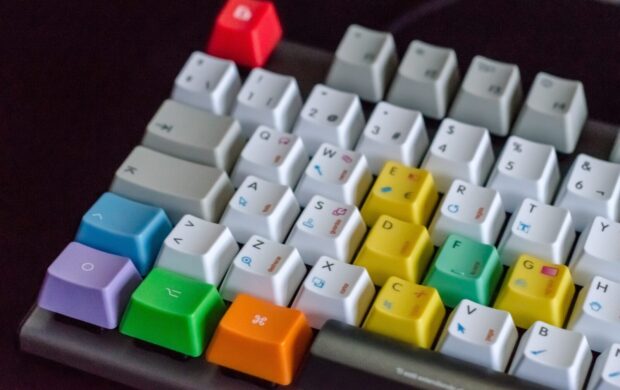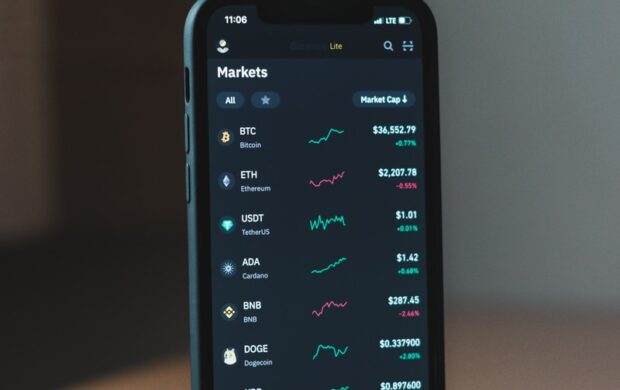In a fascinating moment of real blending with virtual, an art collector named Pablo Rodriguez-Fraile recently sold a 10-second video artwork for $6.6 million. The catch? Anyone could – and still can – watch this clip for free online. And it’s not the only instance of this trend. The famous art auction house, Christie’s, hosted its first ever digital art sale this year. In the first 10 minutes of bidding they had more than a hundred bids from 21 bidders, and were at a million dollars. They are accepting cryptocurrency as a form of payment. And the NBA has been cashing in on the trend for some time. You can now own video highlights of games, where each collectible has “a unique serial number with guaranteed scarcity and protected ownership guaranteed by blockchain”. The Top Shot website already has over 100,000 buyers and nearly $250 million in sales.

Each such ‘digital asset’ – otherwise known as a non-fungible token (NFT) – is publicly authenticated by Blockchain technology as one-of-a-kind, unlike traditional online objects which can be endlessly reproduced.
This trend where we appear to be taking something that is technically speaking ‘abundant’ and easily accessible (e.g. anyone can watch a clip of it online) and making it ‘scarce’ through Blockchain authentication, has created a hot investment trend. However, it could also be creating a major investment bubble if the novelty wears off and investors decide these virtual assets are essentially worthless.
On the other hand, in the midst of the pandemic, as we spend an increasing amount of time in front of screens and the real begins to merge with the virtual, the possibility that more of our lives will be lived online exclusively is also real – if we are already socialising and making money virtually, how many other aspects of our lives could we take online?

















Join discussion